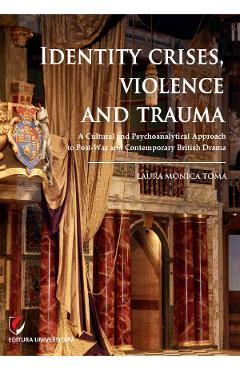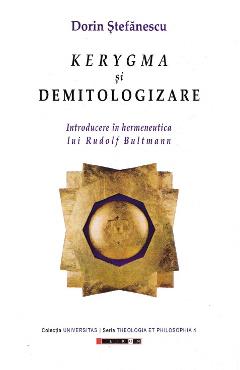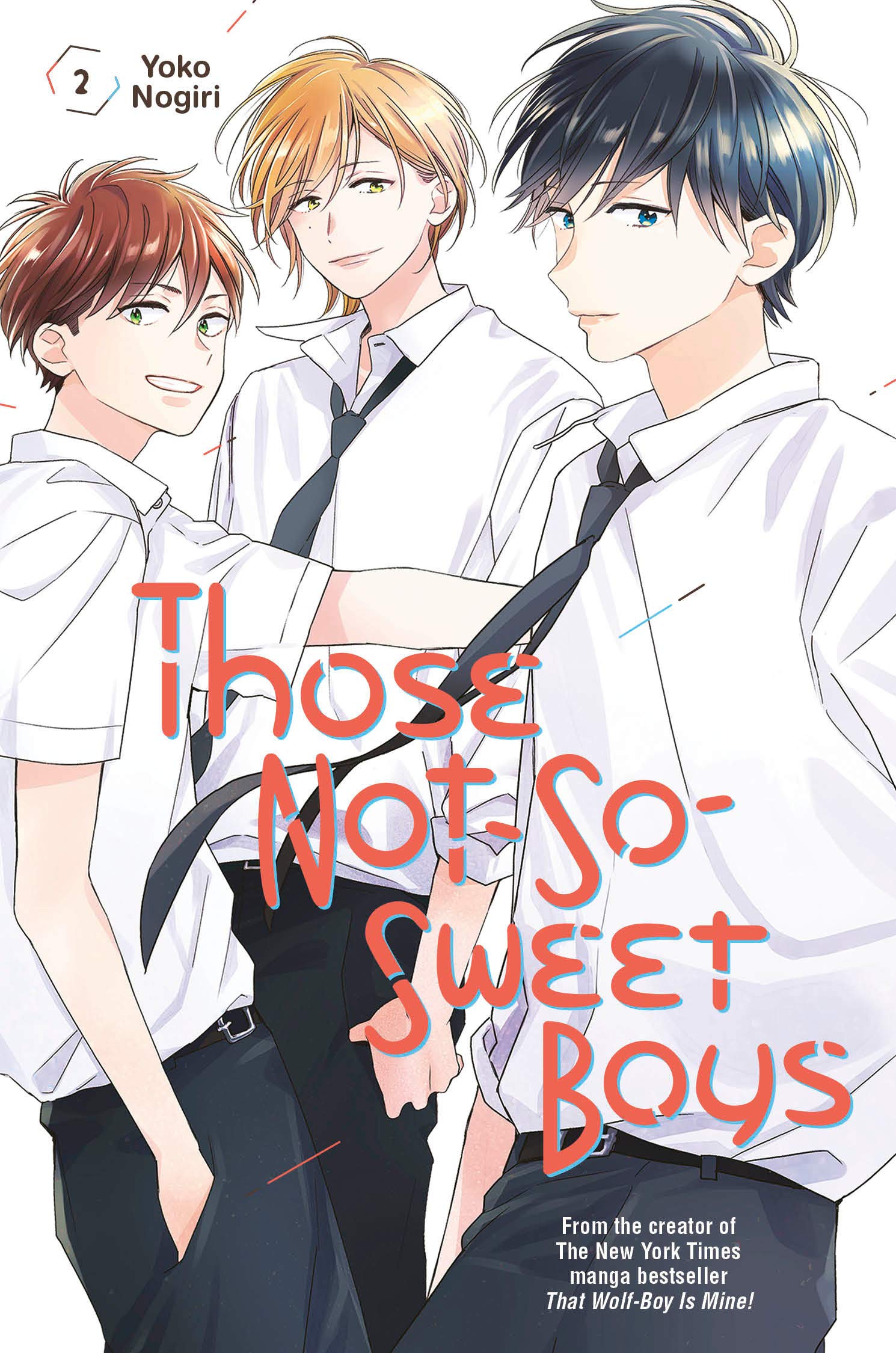Identity Crises, Violence and Trauma - Laura Monica Toma
35.15 RON
Acest produs este publicat la data de 01-12-2025 si vandut de Libris. Vanzatorul isi asuma corectitudinea datelor publicate.
Descriere Identity Crises, Violence and Trauma - Laura Monica Toma
Editie in limba engleza Identity Crises, Violence and Trauma. A Cultural and Psychoanalytical Approach to Post-War and Contemporary British Drama How can literary critics write about poetry and poets in critical terms without betraying them? This question is probably the most difficult of modern criticism; it has received the least satisfactory answers. It is obvious that there is no definite methodology to approach poems or to penetrate the mysteries of poetic creation. Very often critics make a hesitant and deceptive discourse unable to decide between thematic exploration and stylistic discoveries. Almost in all cases, the poet has become like the Osiris of Egyptian theosophy: his members are dispersed; discouraged readers are only unhappy Horuses. - Laurie Edson, Henri Michaux and the Poetics of Movement Faced with this grim prospect, the literary critic may feel like a two-faced Janus. I would add another difficulty. How can one aspire to reveal the intricacies and peculiarities of a literary work without imposing his/her own interpretation as the only valid one or obscuring the intended message, if there is one? Then of course, I wrote a book on violence, trauma and identity issues, something which felt baffling at times and I faced challenges of all kinds. My purpose here is not to solve this old-age problem. I can only suggest ways of averting this danger, such us my taking into account various theories when doing research on a topic, always questioning my judgments and taking care to throw light over a subject and not obfuscate it. Literary criticism can feel sometimes like a Procrustean bed but there is nothing that a genuine passion for this field cannot solve. Drama, by its very nature, is a living organism capable of absorbing societal and cultural influences, and thus to vividly and faithfully capture the concerns, conflicts, the shifting moods and social mores of each historical epoch. Post-war and contemporary British drama is undoubtedly no exception. If one wants to get a glimpse on how people lived and most importantly how they felt in a certain historical period, one can read a play or watch a performance and may obtain a deep insight into human affairs. Drama, by probing into consciousness and intersubjectivity, succeeds in encompassing the full range of human experiences from passion, love, elation, to more violent ones, such as hatred, terror or you get into a universe peopled by Vladimir and Estragon, two individuals who have lost touch with their humanity. You get to see how frail we really are, how vain our aspirations are and we as well become “merely players”. In the end, drama addresses a very fundamental and basic problem: the problem of being human. It also responds to a very basic human need: that of communication. Sometimes we experience a cathartic release and feel joy when there is a happy ending and the villain is punished and hope that the same shall happen in real life. Drama shows us what is wrong with this world but it may also reveal to us what areas of our lives we must work on, because the plays often tackle themes which have a universal, almost timeless appeal, such as matters of the heart, revenge, social conflicts and family discord, among others. It also conveys emotions that are alien to us, engaging us in variegated, tumultuous crises, broadening our range of feelings and expanding our ability to experience intense, elusive, more exalted feelings. It may thwart our expectations; it may shake us from our apathy and most likely it will not leave us indifferent. On the contrary, we become intellectually and emotionally engaged, and maybe we even come to question our own attitudes towards certain topics. The best plays manage to do that. With drama, you probe into the recesses of the heart and you delve into the most hidden impulses and desires the human mind can contain. That is not to say that other genres such as the novel, poetry or autobiography, do not allow such an insight, but they do it by other means. The beauty of drama lies in the fact that it does it in an unmediated fashion. You get to feel the raw emotions of the personages, you almost see Macbeth’s “dagger in the mind” and begin feeling oppressed by life when it takes the form of a tale “full of sound and fury”; you even come to identify with Hamlet being torn apart between duty and hesitation. Drama therefore operates on various levels. While social dramas such as Clare McIntyre’s Low Level Panic or Nigel Williams’Class Enemy centre on external contingencies, revealing pressing social and political problems such as consumerism and the objectification of the female body, unemployment, poverty, they also reveal inner, intrapsychic conflicts that torn the individual, and foreground the precariousness of his sense of identity and the radical split of self and the world. If plays such as Samuel Beckett’s Waiting for Godot or Harold Pinter’s Old Times do not directly address such societal concerns, it does not mean that they do not have wider ramifications in responding for instance to the subtler forms of violence inherent in human relationships; the Sisyphean pursuit of the self or the ways in which the structured sense of self is divided into various self-concepts. We ourselves sometimes feel as split selves that have touched the bottom of despair in certain situations and plays like these succeed in reflecting such ineffable emotions. Moreover, they also mirror one commonplace, basic situation— that of placing your trust in someone and being let down or simply the experience of waiting for something to happen or having an aim which we do not succeed in achieving. It may remind us of our current political situation, with politicians pledging to effect some changes but failing to do so. These plays show us that in the end the change must come from within us first of all.(...)
0 pareri despre Identity Crises, Violence and Trauma - Laura Monica Toma
Ai cumparat Identity Crises, Violence and Trauma - Laura Monica Toma sau detii deja produsul? Fii primul care isi spune parerea pe BookMaster.
Adauga un review
Adresa de e-mail nu va fi publicata. Campurile obligatorii sunt marcate *Articole asemanatoare
Despre BookMaster
Cel mai mare agregator de magazine si produse de Birotica, Papetarie, Librarie, Carti si Manuale din Romania.
AXWELL SERV SRL
RO24613290 - J17/147/2018
Al. Strandului #3, Tecuci, Galati, Romania
+4 0748 400 200
© 2020 - 2025 BookMaster. Toate drepturile rezervate. Platforma creata de LumaDesign













